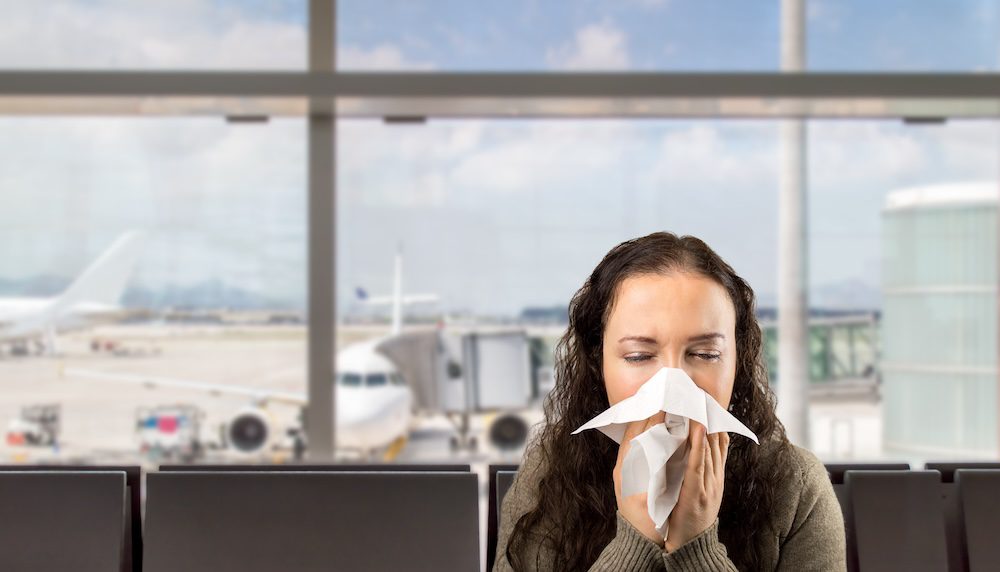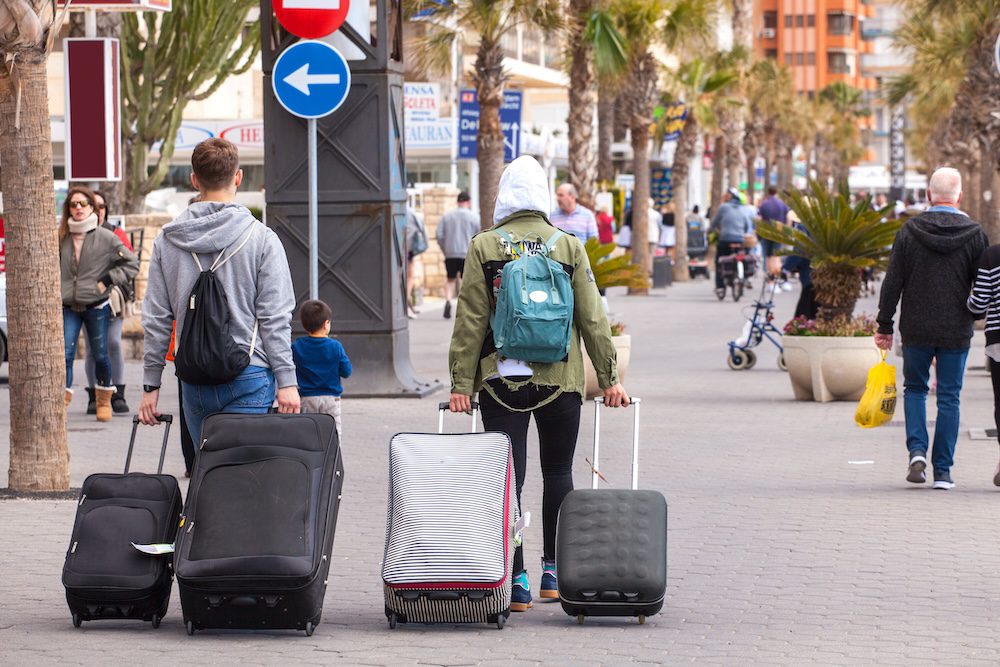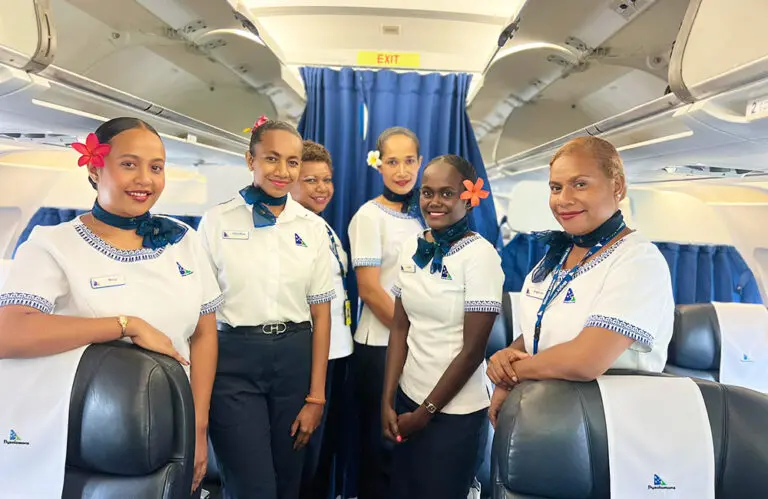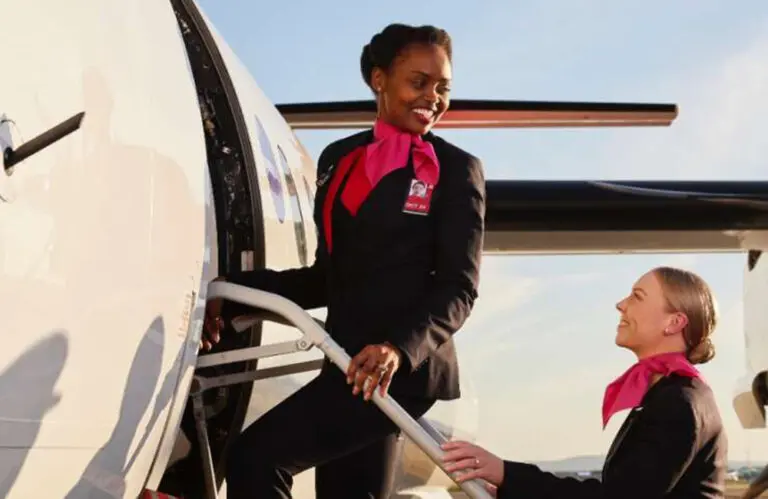Multiple cases of measles have been confirmed on the Gold Coast and in northern NSW, with each case linked to travellers returning from Asia, where outbreaks continue in India and Indonesia, among other regions.
With this in mind, health authorities have urged Aussies, especially those middle-aged, to check their vaccination status against the highly infectious disease.
According to the ABC, Gold Coast Public Heath Unit physician Vicki Slinko said the recent measles cases involved people aged in their 40s and 50s who had received one vaccine as a child, instead of the recommended two jabs.
Slinko also emphasised the importance of getting vaccinated for measles before travelling abroad.

“There are a whole group of people out there who’ve only had one vaccine, even though they thought they were vaccinated as children,” she said.
According to Queensland Health, nearly one in three adults infected with measles are hospitalised, with symptoms ranging from a fever, cough and runny nose to a red spotty rash and sore eyes.
“I’ve got everything crossed, I’m hoping for the best but I’m fearing the worst,” Dr Slinko said.
“With measles you can never tell. I call it a heat seeking missile, it just seeks out those people who aren’t immunised who aren’t vaccinated.
“It is this sneaky disease, a lot of people have been away for their summer holidays, and they bought unwanted friends back with them.”
World Travel Protection’s Regional Chief Medical Officer – Asia Pacific, Dr Neil Slabbert called measles “one of the most infectious diseases known, with one infected person being able to infect up to 18 other people”.

“Vaccination commenced in the 1960s – adults born before 1965 should consider getting their immunity checked with a simple blood test at their GP as they may not be immune due to not having had measles in the past or only one dose of vaccine,” he told Karryon.
Slabbert said that while measles immunity is lifelong by vaccination or previous infection, “measles vaccination rates have declined over the past few years”.
“Potentially fatal complications include pneumonia and encephalitis, inflammation of the brain,” he said.
Following a decline in first-dose vaccine rates between 2019 and 2022, the World Health Organization (WHO) sounded an alarm in December 2023, urging immediate measures due to a drastic 30-fold surge in reported measles cases across Europe last year, the ABC reported.

The WHO said there were over 30,000 reported measles cases in Europe in the first 10 months of 2023, a stark contrast to the 941 cases recorded throughout 2022.
A 2022 Australian study revealed that few Aussies planning overseas trips had fully researched and understood the health advice for their destinations. One in three of those polled said they would not see a doctor to discuss travel health and vaccination requirements or would leave a consultation too close to departure to get full protection from treatment.






